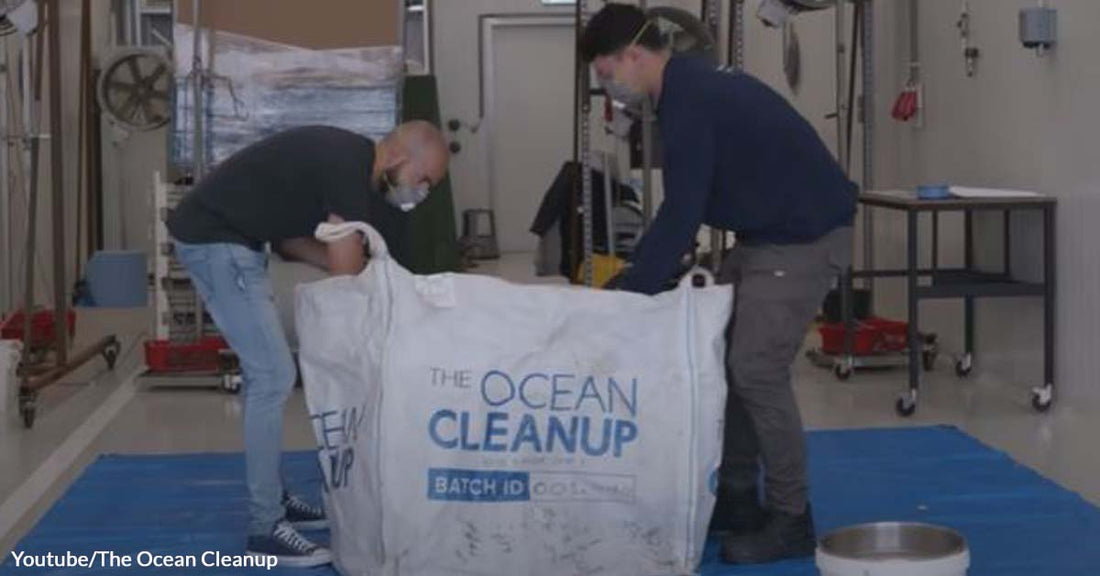Marine Life Remains Under Threat and Entangled with Fishing Gear Issues
Ergil Ermeno
The planet might be put at even greater risk if the marine ecosystem continues to lose life. Both the environment and civilization gain numerous benefits from the Earth’s waters — the ecosystem balances everything out. Earth is covered by 71% water; without it, there would be no assurance of survival. People would lose jobs, sources of food, and oxygen — making it humanity’s duty to protect and preserve the oceans. Water is indeed a source of life, and with further research, it might offer more benefits to the world.
However, before scientists can discover that additional information, the ocean is slowly losing its vigor due to environmental threats. The world may have developed into a more modern and civilized society, but those changes have placed the planet in grave danger. Humans have been given great opportunities and skills yet have lost their sense of responsibility and consideration. People are well-aware of the benefits the world gains from the ocean but still fail to protect it.
Oil spills, illegal fishing, garbage, fish bombing, and even factors from above the waters serve as a threat. The ongoing rise in Earth's temperature warms the ocean, destroying underwater habitats such as coral reefs. Sea turtles are one of the victims of plastic pollution, and they'll eat plastic since the material resembles a jellyfish. Another culprit would be fishing gear, which is often left on the water. Sea turtles sometimes even see fishing nets as seaweed, which, once consumed, endangers their health. Moreover, fishing gear does not only affect sea turtles but numerous marine animals, too.
Recent studies have shown that ghost fishing gears are the most dangerous threat to marine life. The Ocean Cleanup is a Dutch non-profit organization that aims to protect and save the ocean from pollution. Their research group, led by Laurent Lebreton, gathered data by utilizing a bloating system. The equipment collected waste from the great Pacific garbage patch — where most of the plastic waste was said to be from the commercialized fishing industry. Countries such as the US, South Korea, Japan, Taiwan, and Japan largely contributed to the garbage patch.
Moreover, it is estimated that there are between 500,000 and 1 million tons of ghost fishing gear in the ocean annually. The fishing industry has left a large number of fishing nets, lines, ropes, traps, etc., enough to destroy marine life. The abandoned, lost, or discarded fishing gear, also known as ALDF, have endangered 66% of underwater animals and 50% of seabirds. The equipment has entangled and trapped countless species — every victim was either suffocated, starved, or drowned.
 Photo: Youtube/The Ocean Cleanup
Photo: Youtube/The Ocean CleanupThe Director General of WWF International, Marco Lambertini also stated, “While the consequences of plastic waste are finally starting to receive the attention they deserve, there’s still too little awareness about the catastrophic harm caused by ghost gear. This needs to change urgently given that it’s the most deadly form of marine plastic debris and that it can linger in our oceans for centuries, wreaking havoc like some kind of immortal menace: continuously and cruelly killing whales, dolphins, seals, seabirds, turtles and sharks, and damaging vital ocean habitats.”
Along with WWF's statement, the organization also calls on the government to pay attention and take action. The WWF encourages other countries to join the Global Ghost Gear Initiative, and the organization's goal is to create a treaty to fight plastic pollution. Aside from the government, the alliance includes the fishing industry, private sectors, corporates, NGOs, and academia. These groups are working hand in hand to ensure marine survival in the coming years.
 Photo: Youtube/The Ocean Cleanup
Photo: Youtube/The Ocean CleanupThe situation is immensely grave because small underwater species aren't the only ones getting entangled in lost fishing gear. Even various species of whales, such as Sei and Sperm whales, are at risk — they also accidentally consume plastic waste, which is a danger to their digestive tracts. The Global Ghost Gear Initiative has asked people to sign a petition that could call the government's attention to this matter. Over 2 million signatures were already gathered to start the change that can secure the future of the Earth's waters.
 Photo: Pexels/Fabio Partenheimer
Photo: Pexels/Fabio Partenheimer
Thankfully, a decision was made on March 2, 2022 that would help avoid endangering over 300,000 whales, dolphins, and porpoises every year. The United Nations Environment Assembly has agreed to fight for survival of the 700 marine species caught in this problem. Various people participated in a significant cause that could avoid costing the future of the marine ecosystem and the Earth. The treaty was also approved by representatives from 175 nations and will be implemented by 2024. At last, plastic pollution can possibly be defeated — countries, businesses, and companies now have the obligation to protect the environment from plastic waste. Anyone can be part of the solution, whatever and however you do it. As long as you spread awareness and improve the Earth’s condition.
https://www.youtube.com/watch?v=CQnMjYlmNyQ&t=154s

 Photo: Pixabay/Pexels
Photo: Pixabay/Pexels Photo: Pixabay/sergeitokmakov
Photo: Pixabay/sergeitokmakov Photo: Pixabay/contratempo
Photo: Pixabay/contratempo
